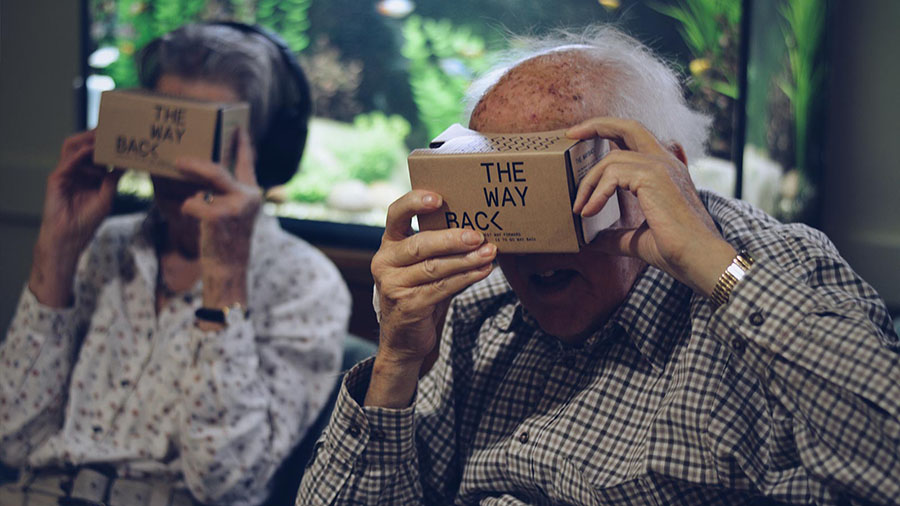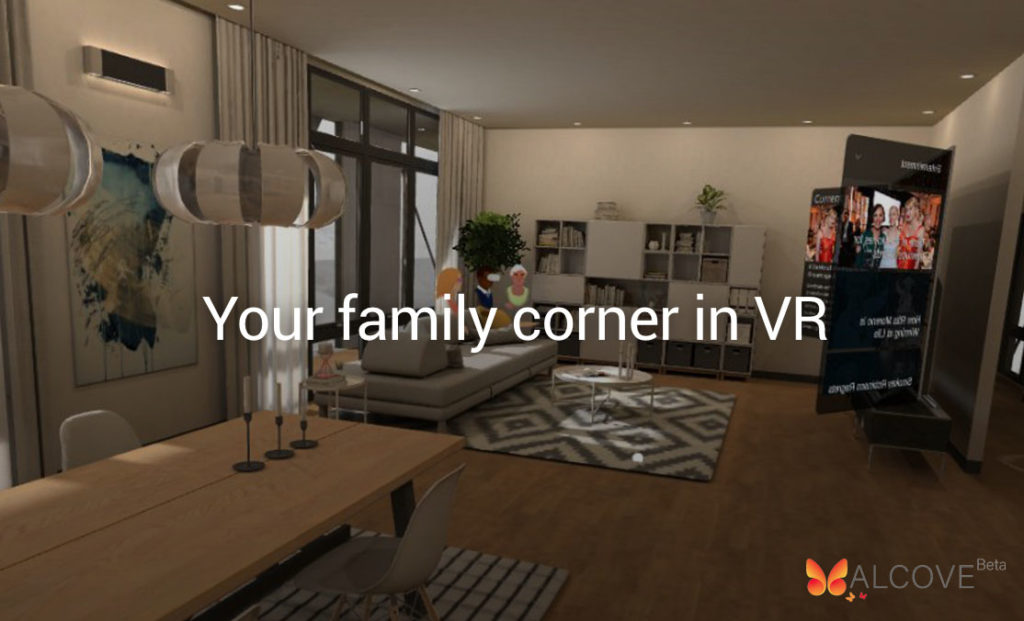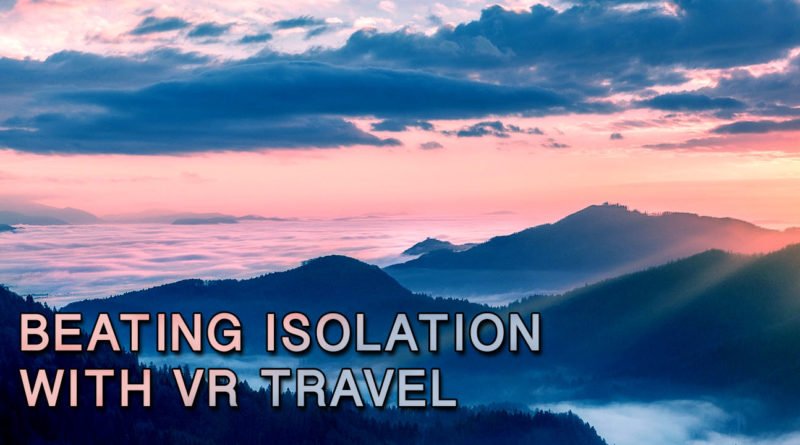Beating Isolation with VR Travel
As the severity of the COVID-19 pandemic came to be understood and resulted in governments essentially isolating millions upon millions of people in an effort to lower transmission rates, VR was waiting in the wings. Waiting for a moment to shine as the tech savior we didn’t know we needed. Stuck inside for weeks that stretched into months, many people began to feel an incredibly powerful and totally understandable itch to travel.

Using Google Street View images to provide views of almost any location on Earth, Wander is undoubtedly the most popular and well-regarded virtual travel app currently available. Find a famous landmark you’ve always wanted to see or jump to a random point – how about a vast defrosting Siberian tundra or a Southern Australian rainforest? – and Wander allows a vivid visual rendering. Available for Oculus Go and Quest, Wander has proven so popular it has essentially become the go-to travel app for Oculus users. Other attempts to relieve social isolation through VR tend to follow a more specified agenda, treating dementia in the elderly or helping those with mobility issues get around, if only virtually.
Okay, VRoomer!
Chris Brickler, CEO MyndVR, a company producing VR experiences for the elderly, says of his users, “As their stimulus diminishes due to age and disease, we have to find other ways to keep them stimulated and engaged.” MyndVR does this by offering more than 200 VR experiences to seniors, whether in assisted living facilities or alone at home. Now providing VR to seniors in 40 US states, MyndVR is just one entity focusing on our older neighbors.

The Wayback, a UK startup focusing on dementia treatments, has launched a series of VR films designed to place patients in a bygone era, often at a crucial historical moment like the 1969 moon landing viewed from a family living room. Inhabiting these “memories” can prove emotionally and mentally stimulating to the user, even aiding in memory retention.

AARP’s Innovation Labs has a creation of its own to share: Alcove, a VR meeting room for multi-generational families to inhabit together. Giving users the chance to visit remote relatives, share memories, and enjoy videos and entertainment together. Adding cognitive training games along with health and wellness aids, Alcove hopes to alleviate the health risks of social isolation, which it calls “equivalent to smoking 15 cigarettes a day.” Alcove is now in beta for Oculus Go.
Traveling in Twilight
As some countries start returning to a relative sense of normalcy after coping well with COVID-19, those in less successful nations may be green with envy, but at least the VR options are improving on an almost daily basis. Whether you’re relatively young and already well versed in virtual reality or you’re attempting something brand-new and quite intimidating, the ease, comfort, and affordability of VR travel makes it one of VR’s most exciting arenas.

